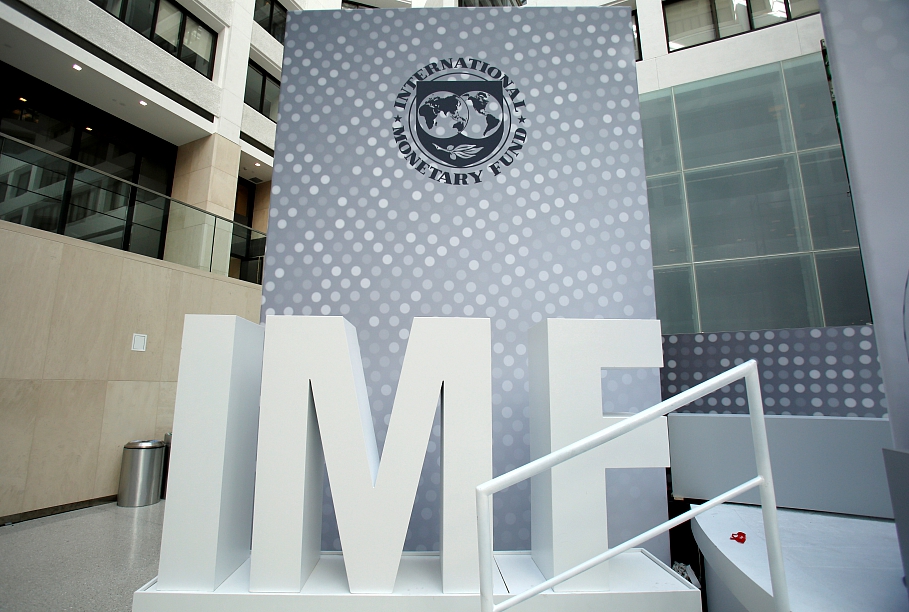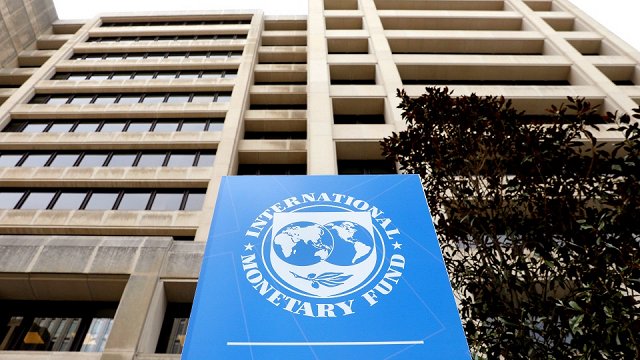A summary of the visit of an IMF staff team led by Ben Kelmanson and Iva Petrova (outgoing and incoming mission chiefs, saw Petrova issue a statement saying:
“The economy has gained momentum amidst sound fundamentals. Following a deceleration in 2016, growth surprised with a strong and broad-based upswing in 2017 and likely exceeded 4.5 percent. The acceleration has been driven by a rebound in investment due to recovery in business investment and faster EU funds absorption, robust private consumption, and a pick-up in exports supported by a favorable external environment. While average inflation has reached 2.9 percent, the fiscal and current account deficits remain moderate, public debt is low, and unemployment continues to fall.
“The medium-term outlook is positive, and risks must remain well-managed. Growth is expected to remain strong, and gradually converge to its potential rate of 3 percent. To ensure that the economy smoothly navigates the cyclical upswing, maintaining a prudent policy mix will be key to avoid the accumulation of imbalances and prevent rapid wage growth from eroding competitiveness.
“The financial system remains sound. Banks are well capitalized and liquid. Continued implementation of macro prudential regulations and vigilant supervision has helped preserve financial stability, and is vital to ensure Latvia’s ongoing role as a regional financial center. Nonetheless, despite the favorable macroeconomic conditions and low interest rate environment, credit growth remains subdued as banks’ cautious supply and firms’ and households’ tepid demand for loans prevent the banking system from providing more support to the economy."
The 2018 budget is "in line with Latvia’s EU commitments" and the introduction of large-scale tax reforms had been well handled, the IMF said, though in the future "fiscal policy should avoid excessive pro-cyclicality, especially if revenues under the new tax code fall short of expectations."
Indeed it was the need to prepare the economy for the vagaries of the economic cycle while the opportunity is there that was the main message stressed by the IMF.
"The cyclical recovery is an opportune time to redouble reform efforts to support sustainable long-term growth and mitigate the impact of coming economic headwinds (e.g. demographic challenges). Structural and institutional reforms should focus on fostering labor supply and lowering structural unemployment," the international lender concluded.




























